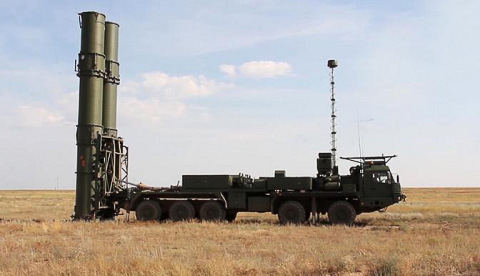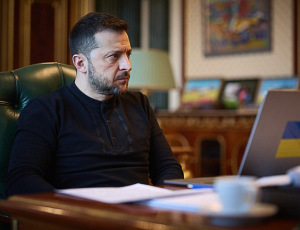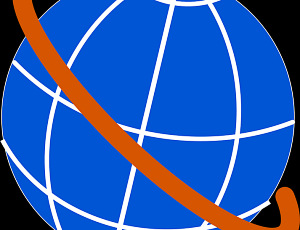Trump administration might put AU and South Africa’s G20 membership into play
The Trump administration is committed to restoring meritocracy and promoting individuality in the international system. Those principal-based strategic goals pose a serious risk to the future involvement of the government of South Africa in the G20.
Among other things, one could imagine the Trump administration taking future actions that would affect the termination of the G20 membership of South Africa and the African Union. Given the scale of the consequences, commentators should give more consideration to this low probability, high impact event in the run-up to the G20 Johannesburg Summit.
Meritocracy argument
The campaign to restore meritocracy marks a pushback against the promotion of diversity in international forums. Among other things, that poses a major risk to independent countries who were awarded G20 membership largely on the grounds of demographic representation.
Of the G20 countries, South Africa has the most exposure to that risk.
According to the United Nations, South Africa has the lowest GDP of all of the G20 member states when measured at current prices in US dollars. In fact, South Africa only accounted for 0.5% of the total for all G20 member states.
Solely on the basis of that statistic, one could make the argument that there are 37 independent states that are more deserving of G20 membership than South Africa. That includes 11 that are neither member states of the European Union nor the G20.
That poses a serious problem for South Africa.
In the eyes of the Trump administration, many of those independent states are far more aligned with US national security and foreign policy interests than South Africa. Examples include Israel, Norway, Philippines, Singapore, Switzerland, Thailand, Vietnam and the United Arab Emirates (UAE).
As evidence, a number of those independent states are Nato allies (Norway); major non-Nato allies (Israel, Philippines, Thailand) and Abraham Accords parties (Israel; UAE) have robust partnerships with the US (Singapore, Switzerland, Vietnam).
By contrast, the Trump administration views the Ramaphosa administration and ANC as severely misaligned with US national security and foreign policy interests. That is why the Trump administration has started to test the waters for pushing for regime change in South Africa.
Individuality play
The campaign to promote individuality marks a pushback against the promotion of group identity in international forums. Among other things, that poses a major risk to the two regional bodies that have already been granted a seat at the G20 table.
Of those regional bodies, AU has the greatest exposure to that risk.
Unlike the EU, the AU is not a supranational union. It possesses some supranational powers, but it lacks a similar scope of governing authority.
Solely on the basis of that political reality, one could make the argument that the AU lacks sufficient governing authority to be a member of the G20. If so, then the member states of the African Union would need to be evaluated for membership on their own merits.
That poses a problem for South Africa.
In terms of GDP at current prices in US dollars, there are only three AU member states that rank in the Top 50 (Egypt, Nigeria, South Africa). But none rank in the top 35. All would therefore miss the G20 cut if it was made solely on the basis of GDP at current prices in US dollars.
G20 Summit
In recent commentary, there is a lot of discussion about the extent to which the US will participate in the G20 Summit in Johannesburg. This focus merits closer examination.
The Trump administration and the US Congress have a lot of policy options at their disposal to try to change the status quo in the G20.
Similarly, they have a lot of policy options at their disposal to punish the government of South Africa and ANC for the perceived long-standing efforts to undermine US national security and foreign policy interests.
Certainly, a reduced presence at the G20 Johannesburg Summit is one of those policy options. But, it is not the only one. Nor is it the most coercive.
For example, a more extreme option would be for the Trump administration to push for the complete restructuring of the G20. That could include having the membership be determined solely on the basis of economic power and sovereignty status.
That would be a problem for South Africa. In all likelihood, it would bring about the termination of the G20 membership of the AU and South Africa.
While undesirable for South Africa, one could argue that would be consistent with the American First Foreign Policy Agenda of the Trump Administration.
And so, commentators should afford these sorts of low probability, high impact events much more consideration in the run-up to the G20 Johannesburg Summit.
Michael Walsh is a non-resident senior fellow at the Foreign Policy Research Institute. The views expressed are his own.




